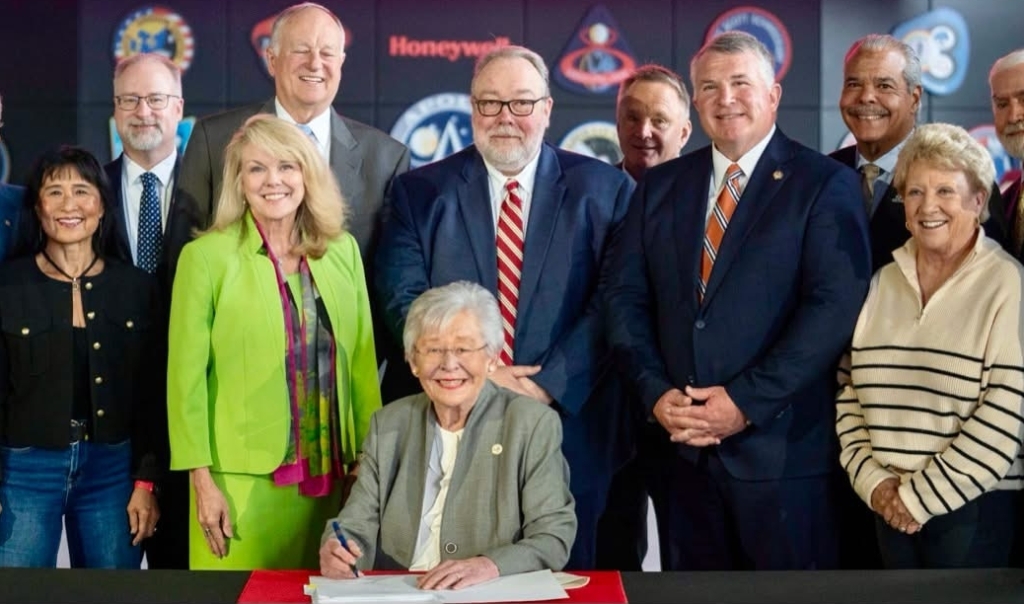Investment in Birmingham’s growing biotechnology sector is crucial in making the United States a world leader in healthcare innovation, several of Alabama’s top elected officials wrote in a joint editorial for Fortune Magazine. It’s also a matter of national security, they say.
U.S. Senator Katie Britt (R-Montgomery), U.S. Rep. Terri Sewell (R-Birmingham), Governor Kay Ivey, and Birmingham Mayor Randall Woodfin argue that American economic competitiveness is at risk due to China’s substantial investments in advancing its own biotechnology sector.
“We must take a whole-of-government approach to invest in America’s biotech ingenuity,” the leaders write. “We believe the South plays a critical role in that approach. Birmingham, Alabama is uniquely positioned to step into a national and global leadership role in designing life-saving diagnostics and therapeutics.”
RELATED: Birmingham named federal Tech Hub, competing for $75M in funding
Birmingham, they argue, possesses “both the resources and the sense of urgency to lead the next era of biotech innovation,” spearheaded by the University of Alabama at Birmingham (UAB), one of the nation’s largest public hospitals and leading biomedical research institutions.
Birmingham also boasts the Birmingham Biotech Hub, an innovation center the article claims will “accelerate drug discovery, improve health outcomes, secure our domestic supply chain for innovative therapeutics and diagnostics, and position the United States as a global leader in the rapidly evolving field of biotechnology.”
Federal investment from the U.S. Department of Commerce is seen as crucial to supercharging the effort. The Birmingham Biotech Hub would onshore key aspects of the supply chain for personalized medicine, countering foreign adversaries’ attempts to dominate the bioeconomy.
RELATED: Southern Research, Innovate Alabama join to attract biotech firms
Doing so would ultimately accelerate drug discovery, improve health outcomes, and secure the domestic supply chain for therapeutics and diagnostics firmly on behalf of the United States, they report. The economic impact is also significant. A biotech hub would stimulate job creation and workforce development programs would create talent pipelines to close gaps in Alabama’s healthcare workforce across the state.
“If America has any hope of maintaining its leadership in biotechnology, we must invest in places like Birmingham and Alabama,” the leaders conclude.
Charles Vaughan is a contributing writer for Yellowhammer News.













